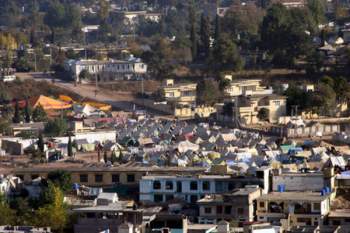
Refugee

Refugees, as defined according to a United Nations Convention Relating to the Status of Refugees, are individuals who are not within their home countries due to a credible fear of remaining within those home countries. Refugees are often individuals how have sought or been granted asylum and sanctuary within another country, but not always, as it is possible for a refugee to be an individual who simply is not in his or her home country for the reason of a credible fear of being in that home country.
A credible fear of being in a home country must be based on some criterion as determined by the same convention. For example, an individual who was afraid of returning to his or her home because a war was raging within that country would have a legitimate, credible fear of returning home, and thus would be considered an official refugee.
According to current estimates, there are close to 62 million refugees in the world today, over half of whom are not in their home countries as a result of wars in those countries. There are some disagreeing bodies, however, which instead argue that the number of refugees in the world is substantially lower than the above figure, as the exact number of refugees is sometimes difficult to pin down when refugees simply walk across borders and do not make their presence explicitly known to the government of the nation to which they are fleeing. The legal notion of a refugee is an important one for understanding international relations in the world today.
NEXT: African Diaspora





















